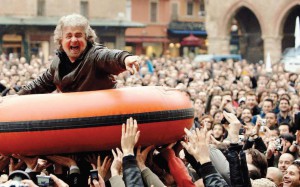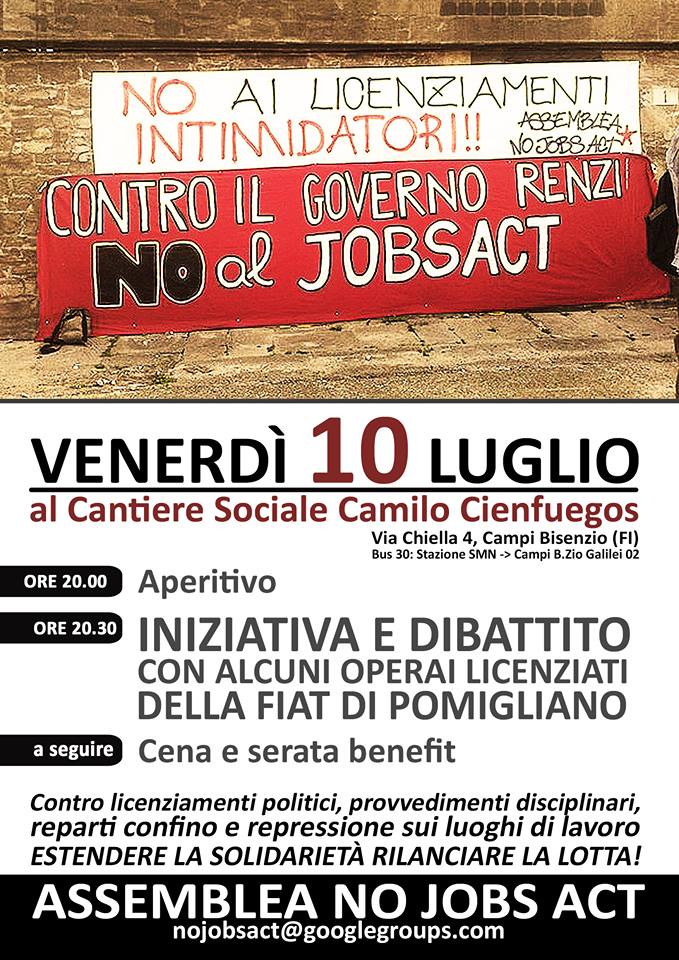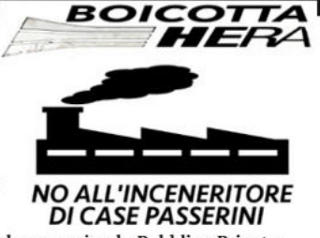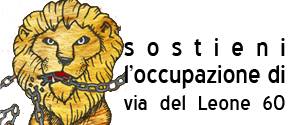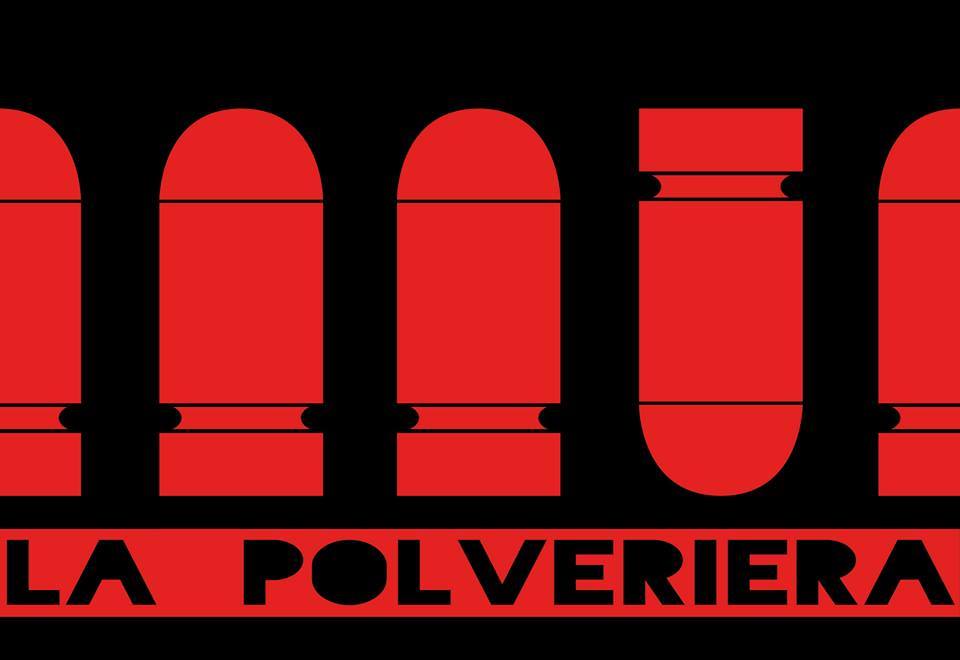Grillo and the Five Star Movement: nothing is created, nothing is lost…
The Five Star Movement is undoubtedly one of the novelties in the Italian election campaign. Born in 2009 under the wing of the comedian Giuseppe Grillo and the web marketing expert Gianroberto Casaleggio, founder of the company Casaleggio Associati, this new organization made up of local networks connected via the web (and beyond), has been transformed in a short time, by organizing itself. This happened thanks to four preliminary steps: the creation of Grillo’s blog (2005); the development of MeetUps, local groups of activists (2005/2008); the initiatives carried out in different years around the peninsula, on issues such as environment, energy, technology, mobility, development; and the candidacy to regional and local elections, with the recent decision to reach the Parliament. The cleverness of Grillo, or rather, of Casaleggio Associati, lies in identifying some particular trends of this Italy in crisis, in order to get into the political scene: the void left by the disappearance of “mass parties” (the case of PCI / PD is anomalous, as they still exist but scaled down); the growing uneasiness due to the social inequality increased with the crisis; a large number of committees and groups working locally on issues of potential social conflict, even if fragmented; the lack of a new and organized political reference and, finally, the intolerance of the so-called Italian “middle class”: service industry workers, small entrepreneurs, freelancers, students betrayed by the cynicism of the labor market, retirees.
Grillo’s movement stands as the only one able of reactivating people, or rather the “citizens”, through the capillary and immediate information of everything that happens and its viral, well-studied campaigns, with simple messages like “abolition of the caste” or “public water”, mobilized for a “direct democracy”, without mediation. If the idea of reactivating enthusiasm and protagonism is a good intention, the problem comes with a closer look at the contradictions of 5 Star Movement, starting with their megaphone. In fact, the role of personalities like Grillo leads, intentionally or not, to direct the attention towards projects of compatibility within the system, which is presented as reformable, and everything is traced back to one big problem: that of development and compatible consumption, the same at the basis of many committees of the United Nations, generically called “decrease”. Not to mention the schizophrenia in terms of economy: they criticize the GDP and its growth, but they speak of “monetary sovereignty” and of restarting the economy, as if the growth did not depend on profits, labor exploitation and interests of bankers and industrialists. Moreover, it should be emphasized how, both the comedian / political leader and the 5 star movement, claim a strong state presence in the economy, an issue that clashes with the real protagonism of those who are now invited to take action to change the status quo. This is precisely because the formula used, “the state is us”, does not embody a critical view of society compared to the division into classes (more nuanced than in the past, but certainly present in the tangibility of daily social dramas), and to the historical role of the state as guarantor of the status quo, as well as political economy and its laws (above all, the pursuit of profit). Talking about the corrupt political class is not enough, since this means not wanting to make it clear that the state has a key role to maintain order. The minimal rights acquired after the war, for example, came after years of struggle, then, and only then, followed by an adaptation of the laws. This is because the law takes note of the force of the thrusts of society, otherwise it is used politically against society itself, as happened in the past and as it does today in times of crisis and disintegration, with the recent antisocial measures by European governments.
Another apparently controversial issue is that the 5 Star Movement appears as a “movement of ideas and not of ideologies, because left and right are concepts of the past”. Even here we are dealing with a mystification of reality: it is true that “right” and “left” does not mean anything in itself. However, at least one of these ideologies has been lasted, a strong, deep-rooted and apparently intangible one: that of the “free market” (of goods and bodies), of “development” (of what is not needed), and of “growth” (of exploitation); in short, of capitalism as the best possible social relationship. Who does not realize it is dazzled by it, and we understand why, even in the face of evidence, he is led to legitimate the present state of things, in the hope of reforming a system that is harmful to the root. However, in every epoch the ruling ideas are the ideas of the ruling class.
You have to be very careful, then, not to support nationalist messages, or even worse, the rhetoric of the “good of the nation”, which concerns practically every party in the elections. Finally, a reflection on the web as new tool of organization: Grillo and the 5 Star Movement praise the network such as “free” and “horizontal” field, where you cannot lie and then honesty wins.
Even here the issue is simplified, because it is not true the web is free (censorship is rampant) and it is not horizontal at all: in fact, the media (and Grillo in a very clever way) have simply embezzled them as an additional field of vertical diffusion of information and propaganda. The network is certainly useful, but we like it as a tool of collective intelligence: it is not our purpose, it is just another means. Thinking of abolishing war and exploitation by decree, or with a click, is just an illusion. Above all it does not push towards real interaction, without which, even on the web, you are not projecting anything, or, at least, not the reality. This is why it is necessary to raise a collective protagonism, by studying the phenomenon 5 Star Movement, but realizing that it is just the umpteenth mechanism of delegation, even if it seems to be the contrary.
It is so true, nothing is created, nothing is destroyed, everything is transformed, especially in times of chronic crisis of capitalism.
Read also:

